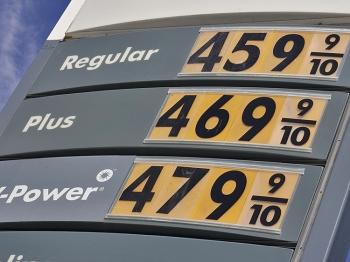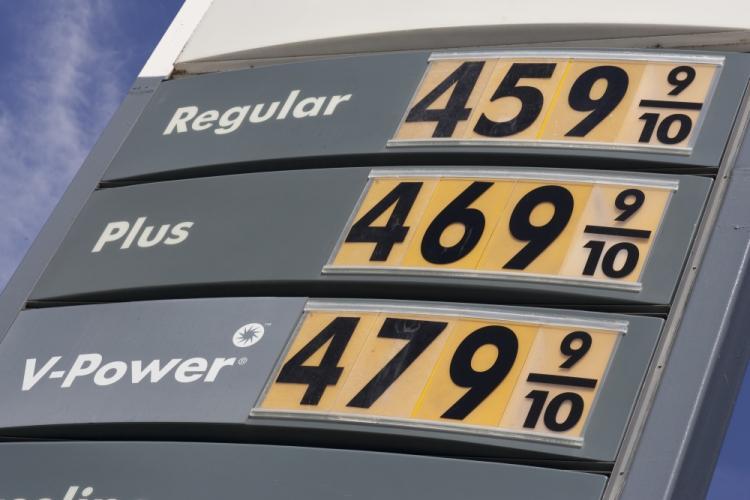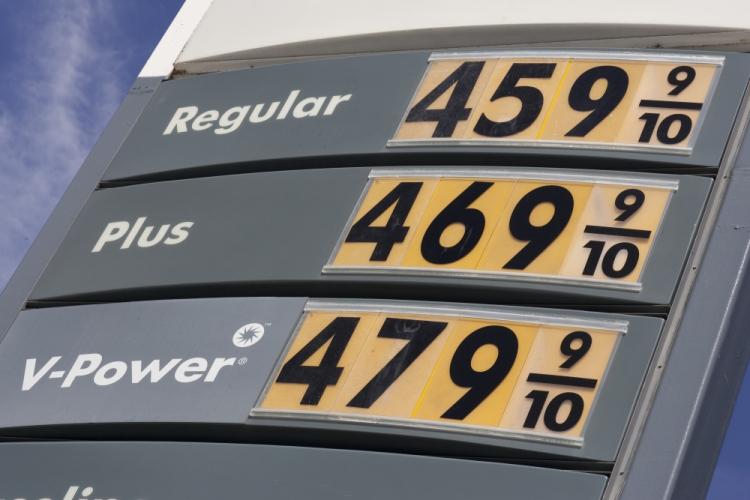Obama Orders Uptake in ‘Responsible’ Domestic Oil Production
In his weekly address to the nation, President Barack Obama announced new measures to speed up domestic oil and gas production.

A sign showing the price for gasoline is displayed at a Shell gas station on April 27, 2011 in San Francisco, California. The average price for a gallon of regular gasoline in California increased 1.2 cents to $4.217 getting closer to the all time high of David Paul Morris/Getty Images
|Updated:
Reporting on the business of food, food tech, and Silicon Alley, I studied the Humanities as an undergraduate, and obtained a Master of Arts in business journalism from Columbia University. I love covering the people, and the passion, that animates innovation in America. Email me at andrea dot hayley at epochtimes.com
Author’s Selected Articles






